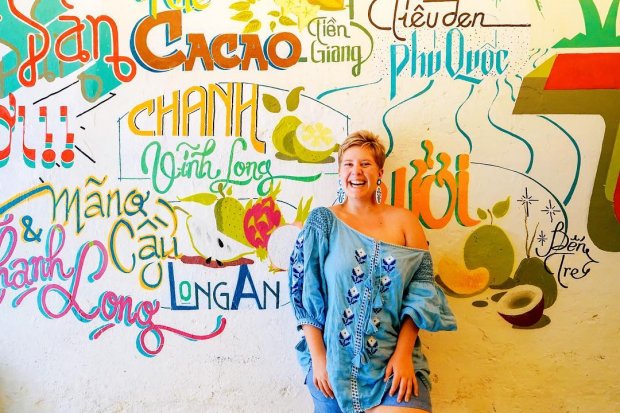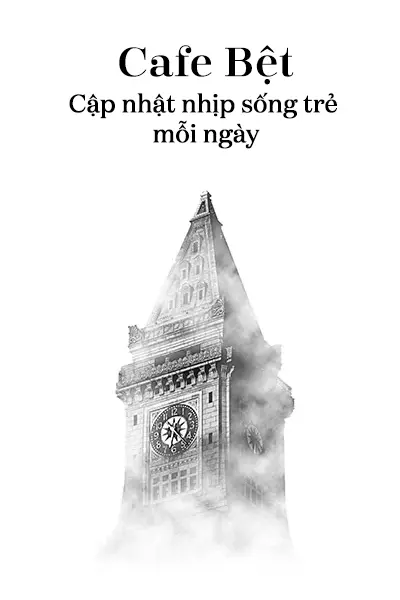Deadline: January 31, 2019
Applications are now accepted for Alliance for Historical Dialogue & Accountability (AHDA) Fellowship for Fall 2019. The AHDA fellowship brings together scholars, students, civil society organizations, journalists, educators, artists, policy makers, and others who work on historical dialogue issues for a semester of comprehensive learning and networking at Columbia University in New York City.
The AHDA fellowship allows participants to come to spend the fall semester of the academic year at Columbia University in New York City. This comprehensive program provides fellows with the opportunity to hone practical skills in fundraising, advocacy and leadership; to develop a deeper understanding of and engagement with the past; and to foster mutually beneficial relationships with their peers and with international and non-profit organizations based in New York and Washington, D.C.
The fellowship program begins in late August and ends in mid-December. It is an in-residence program, and you must be able to live in New York for the full length of the program in order to participate.
Program Components and Benefits
- Seminars: Over the course of the semester when the fellows are in residence at Columbia, they attend a series of 2-hour sessions with scholars and other experts in historical dialogue, exploring major theoretical issues and on-the-ground case studies.
- Workshops: Seminars are supplemented by capacity building trainings in skills important to the work of historical dialogue, and important to implementing a successful project. These workshops include sessions on fundraising, advocacy tools, new media, and project development.
- Networking and collaboration: Fellows have the opportunity to meet with a range of international institutions, human rights organizations, foundations and practitioners in the field who are based in New York City, to observe their practices, learn more about their strategies, and to meet their leadership and staff.
- Travel to Washington D.C.: Fellows travel to Washington, D.C. to take advantage of the networking and advocacy opportunities available there. Fellows meet in groups and individually with relevant organizations, foundations, museums, universities and government agencies.
- Individual Projects: During the fellowship participants design a project that addresses some aspect of a history of gross human rights violations in their society, country and/or region. By the end of the semester, each fellow is expected to have completed a detailed proposal and budget narrative for a project in historical dialogue to a panel of fellowship reviewers, for critique and feedback.
Funding
After the ISHR selection committee conducts its selection process, it makes every effort to secure funding for shortlisted Fellows to attend the program. In certain cases where ISHR cannot secure funding, shortlisted Fellows may be asked to secure the funds needed for them to be admitted to the program.
Eligibility
- The Program is designed for lawyers, journalists, teachers, social workers, community organizers, artists, scholars and other human rights activists working on issues related to dealing with the past such as: transitional justice, historical dialogue, memory studies, historical justice, oral history, history education.
- ABD and Post-doctoral students are eligible to apply
- Participants are selected on the basis of their previous work experience in work that deals with the past, their commitment to the human rights field, and demonstrated ability to pursue graduate-level studies. Full-time students will not be considered.
- Applicants who are mid-career and hold full or part-time jobs pursuing their advocacy efforts are preferred.
- Fellows must work in the country and/or region where they live.
- Fluency in English is required. Fellows must provide proof of institutional endorsement in English from their organizations for their participation in the Program and must commit to returning to that organization upon completion of the Program.
- The program lasts a full academic semester, from late August to mid-December, and fellows are required to be in residence in New York City for this period.
Application
Click here to learn how to apply.
For more information, visit AHDA Fellowship.






